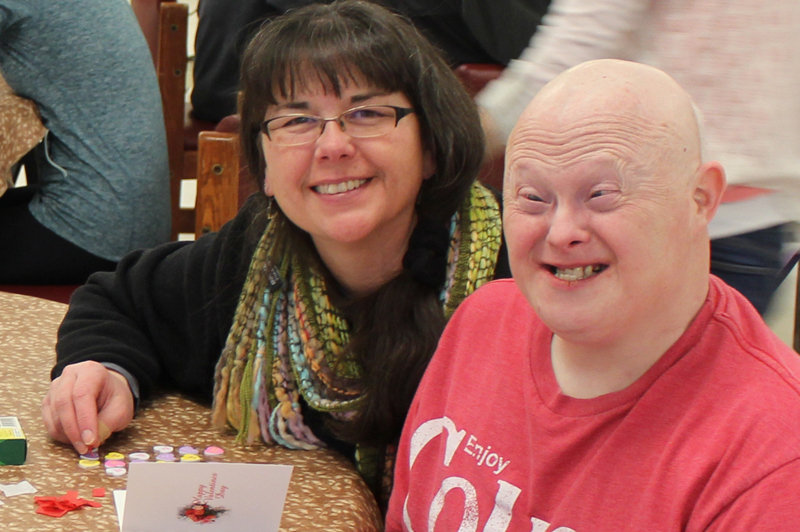Helping All Vulnerable People
A Facebook friend of mine posted a poll on his page: Yes or No? Homeless servicemen should come before any refugee. I say, “yes and yes.”
I’m a fan of “what ifs” that look at the future and help us to imagine it differently.
- What if the answer is both/and?
- What if we reimagine our world in a way that allows room for those who need our support to be members of society, regardless of their potential productivity?
- What if we suspend our cynicism for a little while and believe that people will respond positively to being given a hand up?
- What if we don’t worry about whose turn it is?
- What if we take the opportunity to find new ways to interact and support one another?
I recently saw a news story on Minnesota nursing homes, all of which will receive increases in their funding formulas in January 2016, talking about how they need to attract and retain employees. It’s a true story, and one with which we can all empathize. We all want our needs met, kind and caring people to listen to our stories, a clean and comfortable place to live. And the nursing home lobbies are right: caregivers need to be paid livable wages.
The untold part of the story is that we often make funding choices at the expense of other vulnerable people. When I raised this point with a Minnesota legislator, I was told that people with disabilities need to wait their turn. That was five years ago. We’re still waiting.
This isn’t about some bureaucrat or some politician. It’s about what we, the American people, are telling those politicians and bureaucrats.
We are wrong when we make vulnerable people fight each other for resources. We are wrong when we pit regions of the state against each other for dollars. We are wrong when we insist that the health and human services budget is big enough, when we don’t understand the factors that impact that budget. We are wrong when we demand change without understanding the problem — when we rely on sound bites to define the problem and the answers.
We need to understand that complex problems require complex solutions. We need to stop expecting that there’s a one-size-fits all, Walmart answer for every problem. Sometimes it just costs more to do what works.
Here’s the message we need to send to legislators: Stop choosing between vulnerable populations. Tell us what we need to do to be our best selves.
Consider the what ifs and commit to embracing one of them today.
